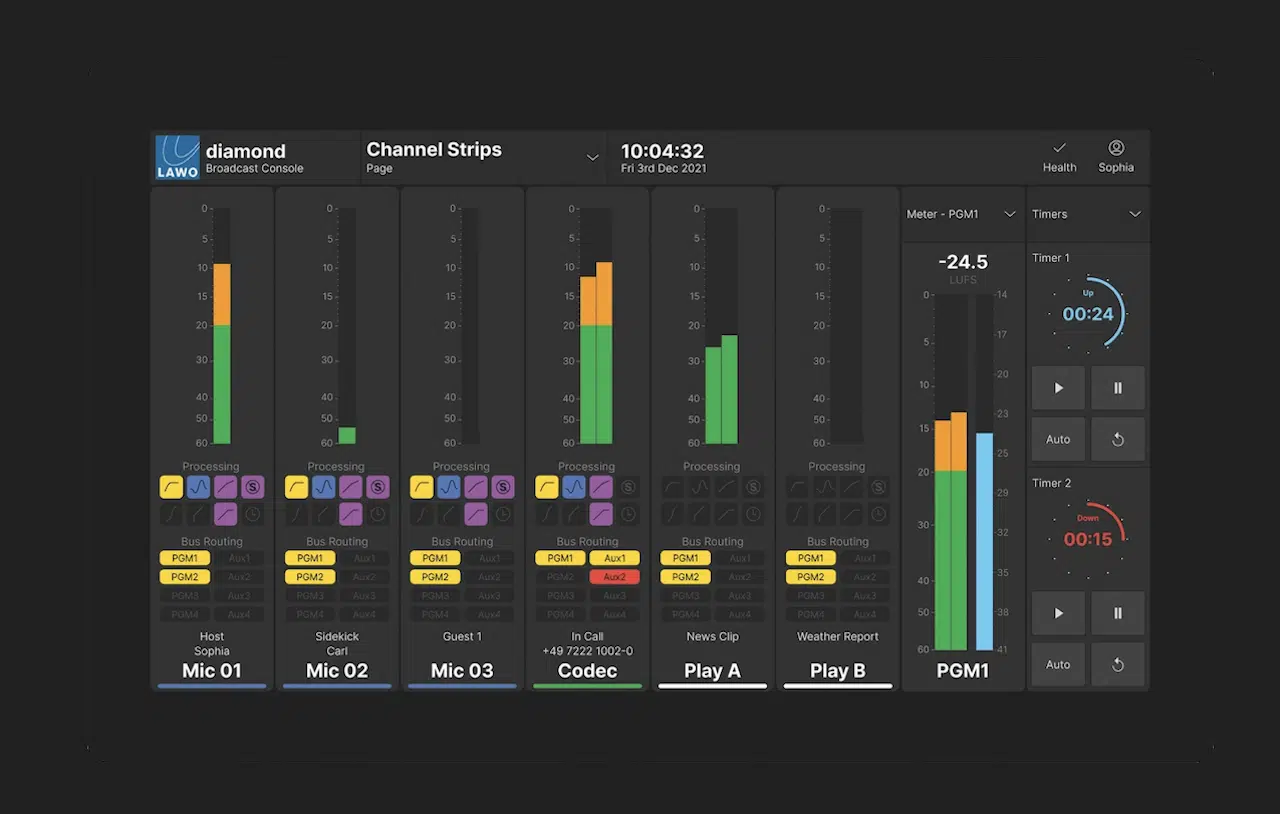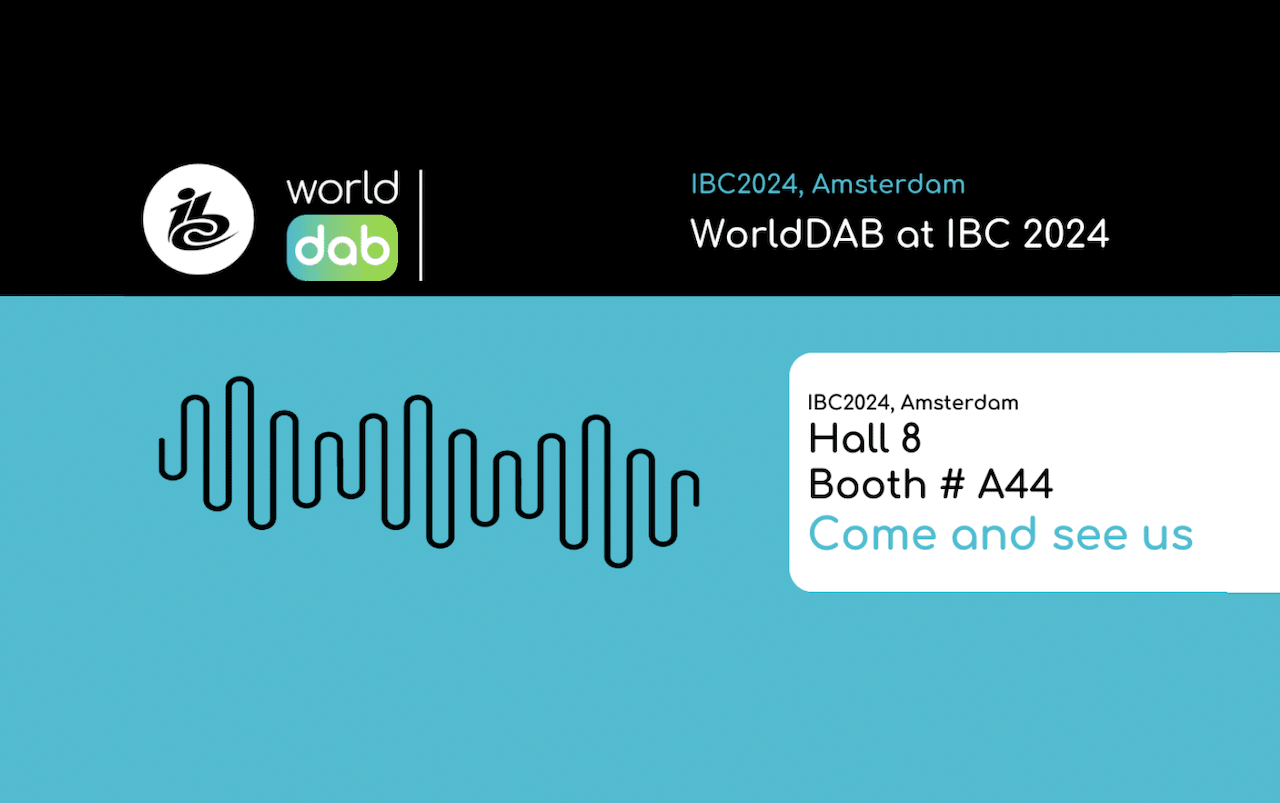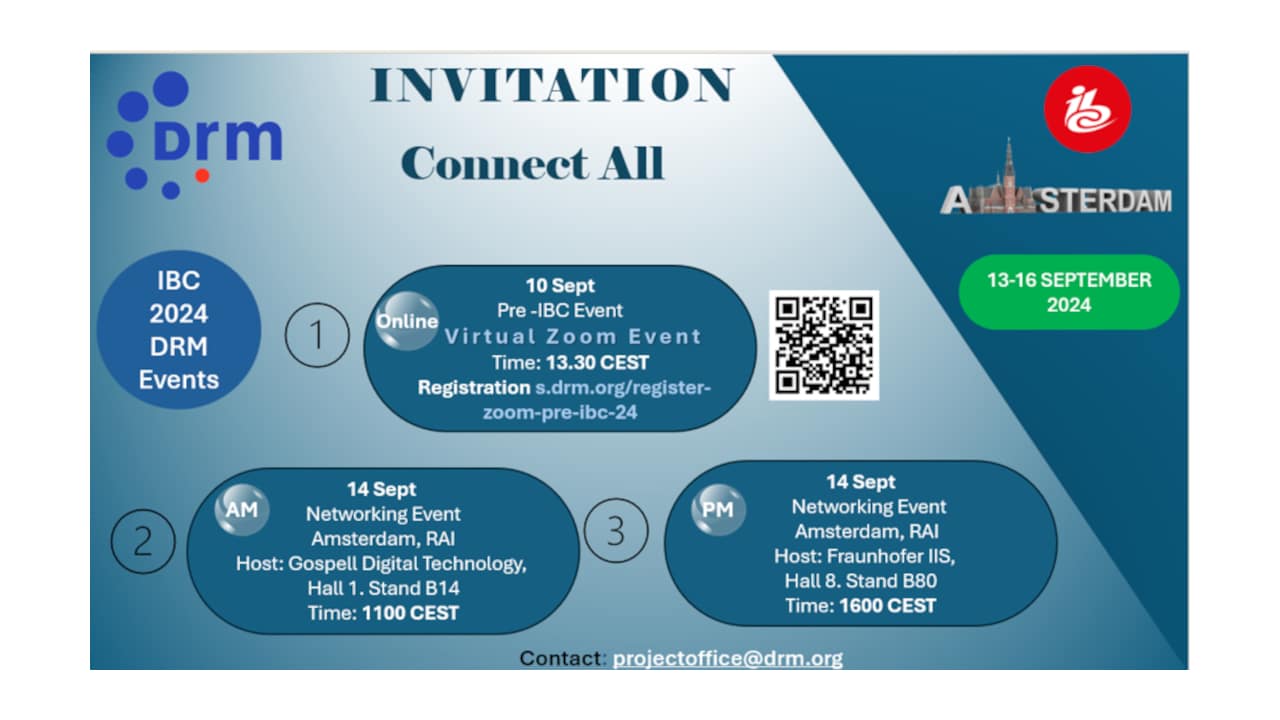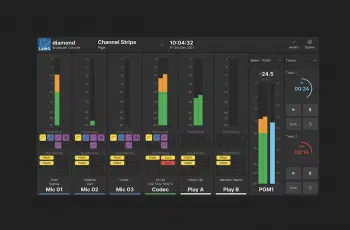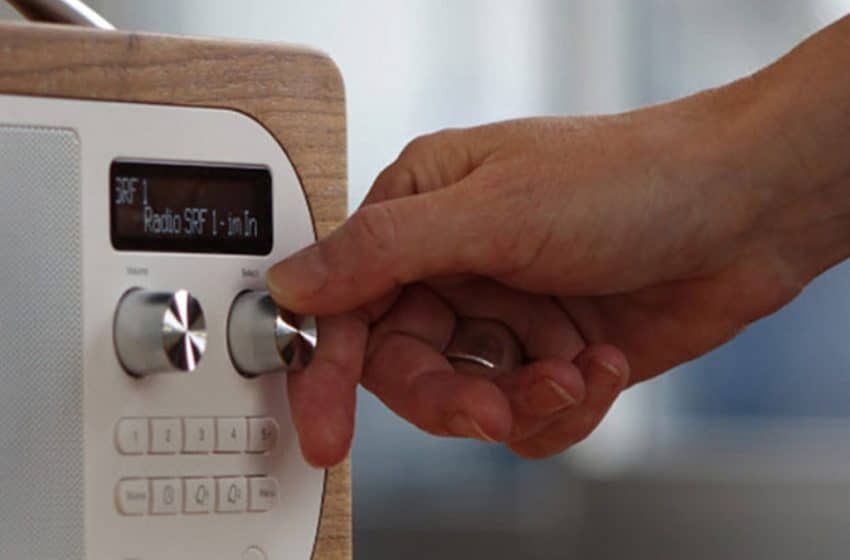
GENEVA — After multiple postponements, Switzerland’s FM switch off is planned for Dec. 31, 2024. The main reasons for the digital migration are to minimize operational costs and increase diversity through a more extensive frequency offer.
DAB+ allows more radio stations to operate, which is currently difficult given the saturated FM band. Local radio stations can also broadcast over a much larger area than that limited by their FM signal. Moving completely away from FM will minimize costs for stations, which will no longer need to fund two broadcast technologies. In addition, digital broadcasting, whether via DAB+ or the Internet, offers listeners better listening quality and associated services.
Three-quarters of radio listening in Switzerland is already digital (DAB+ and online) — only 13% is exclusively FM. Switzerland decided it would stop using FM over 10 years ago, but there has been some pushback. “Today, the radio landscape has evolved, but not necessarily in the direction imagined 10 years ago. If the transition to DAB+ is obvious, I’m not sure that being so determined about stopping FM is a good thing,” says Sébastien Rey, director of Rhône FM, one of the regional radio stations with a concession. “As experience in other countries shows, maintaining simulcasting beyond the scheduled dates should be considered.”

Even though public and private radio stations are communicating extensively about the switchover to DAB+ through TV advertising and on-air and print campaigns, some listeners will wait until the last moment, at the risk having nothing to listen to. “We can manage the transmission of the signal but not the reception, which depends on each individual. It’s up to us to communicate again and again about this upcoming change to avoid unpleasant surprises when FM stops,” adds Rey. “But it’s only in the last months before the shutdown that communication will be critical while not ruling out the idea that we should envision continuing FM beyond 2025.”
The changeover
According to Caroline Sauser of the Federal Office of Communications (OFCOM) press office, abandoning FM should not jeopardize radio stations. “Broadcasters have received financial support in recent years to help them transition to digital broadcasting and cover the costs of parallel broadcasting on FM and DAB+ during a transition period,” says Sauser.
Beyond the risk of audience loss, Rey is much more concerned about the image of forcing listeners to buy new devices to continue receiving radio. “I fear that reactions will only come at the time of the switchover,” says Rey. “By then, it will be too late, and the damage could be significant if the switch is badly communicated. I also believe we have underestimated the issue of vehicles not equipped for DAB+.”
Today, the radio landscape has evolved, but not necessarily in the direction imagined 10 years ago.
Sébastien Rey, director of Rhône FM
Not all stations are cooperating in communicating. Switzerland’s public broadcaster, SRG, carries public service announcements about the switch-off in French, German, Italian and Romansh. While some local radio stations fulfill a public service mandate, there are 235 radio stations that don’t. They may, for example, offer only entertainment programs focusing on a particular style of music or target foreign populations living in Switzerland.
After the FM switch-off, the remaining broadcasting methods — DAB+ and online — will coexist. Radio stations with a public service mandate have guaranteed access to DAB+ broadcasting. Other radio stations must sign a contract with a DAB+ network operator to broadcast digitally over the air. Some radio stations are not taking this step, mainly for financial reasons, preferring only to broadcast online.
Although there will be no FM broadcast in Switzerland after Dec. 31, 2024, residents will still pay license fees to service the public broadcaster. Each household currently pays CHF 335 (about €340) per year.
Collective households, such as homes for the elderly, hostels, prisons, boarding schools and asylum seekers’ centers, etc., pay a fee of CHF 670 (about €680) for all residents. A graduated tariff system applies to all companies depending on turnover, but those with a turnover of less than CHF 500,000 (about €505,000) — almost three-quarters of companies in Switzerland — are not subject to the fee.
The author is editor of RedTech’s sister publication, La Lettre Pro.



